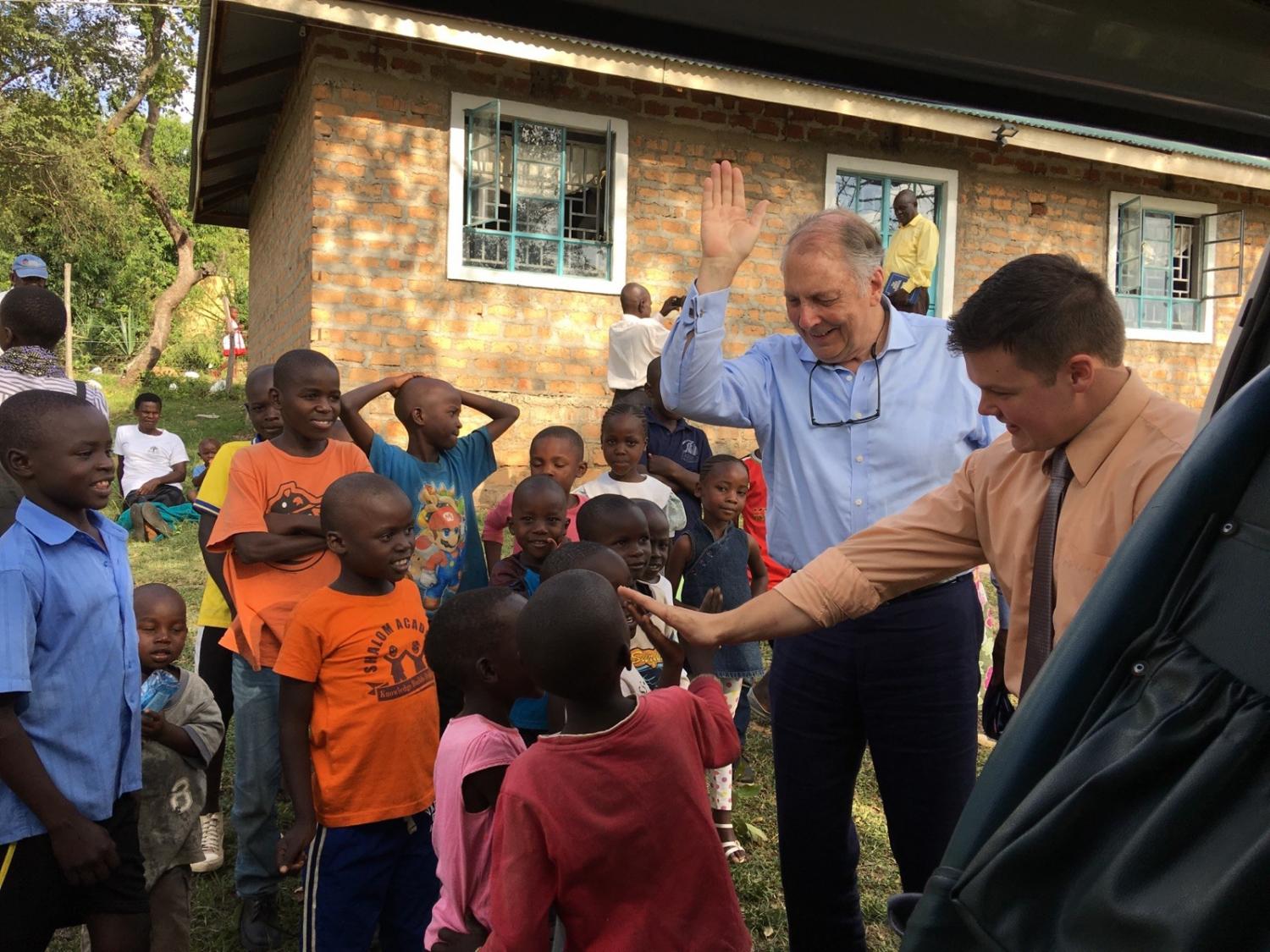Second Thoughts: The Culture We Share
Author: Thomas White | Editorial Staff, Living Church of God
Most of us know Matthew 24:14 verbatim: “And this gospel of the kingdom will be preached in all the world as a witness to all the nations, and then the end will come.” It’s encouraging on many levels, especially its use of the word “will.” The Gospel will be preached to all the nations. The end will come. There are no possibilities in this—only certainties that we can, and should, believe in with our might.
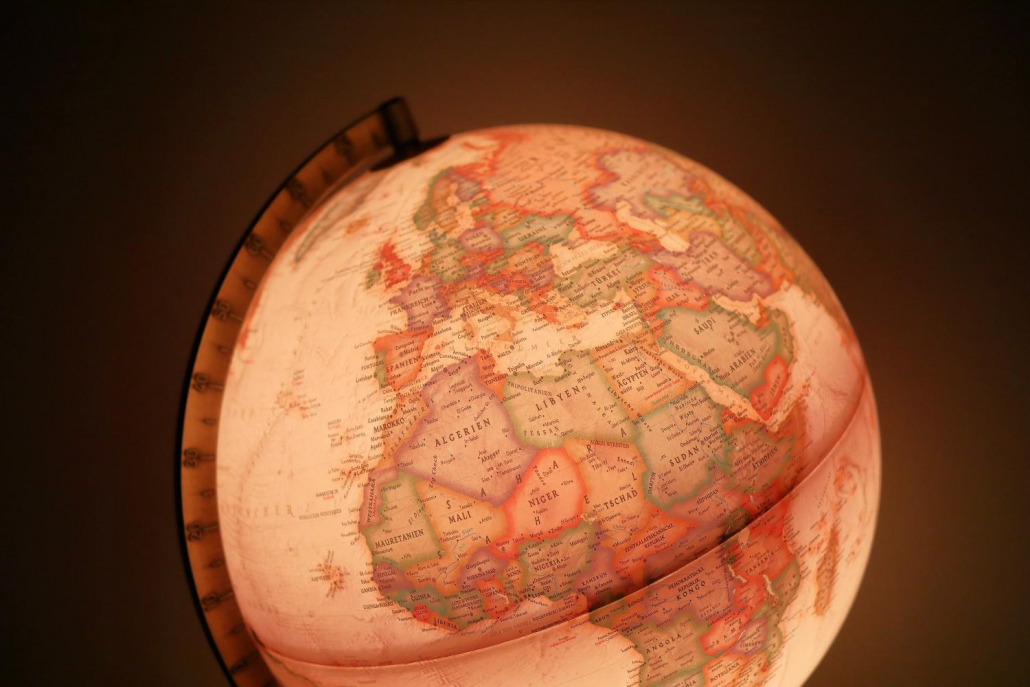
But why does the Gospel need to be preached to all the nations? As we well know, God’s not opening everyone’s mind now, so why is He emphatic about the Gospel being so widespread? With such a massive number of people hearing the Truth without the chance to internalize it, why must we bother making sure they hear it to begin with?
Our Sisters and Brothers
The answer is way too multifaceted for this post, but a small part of it struck me after hearing Mr. Peter Nathan’s recent Assembly on the Work in Africa. As he related the unique challenges, opportunities, situations, and brethren in that part of the world, I couldn’t help thinking that although I may be different in so many ways from everyone born and raised in any part of Africa, the African brethren and I nevertheless share a culture.
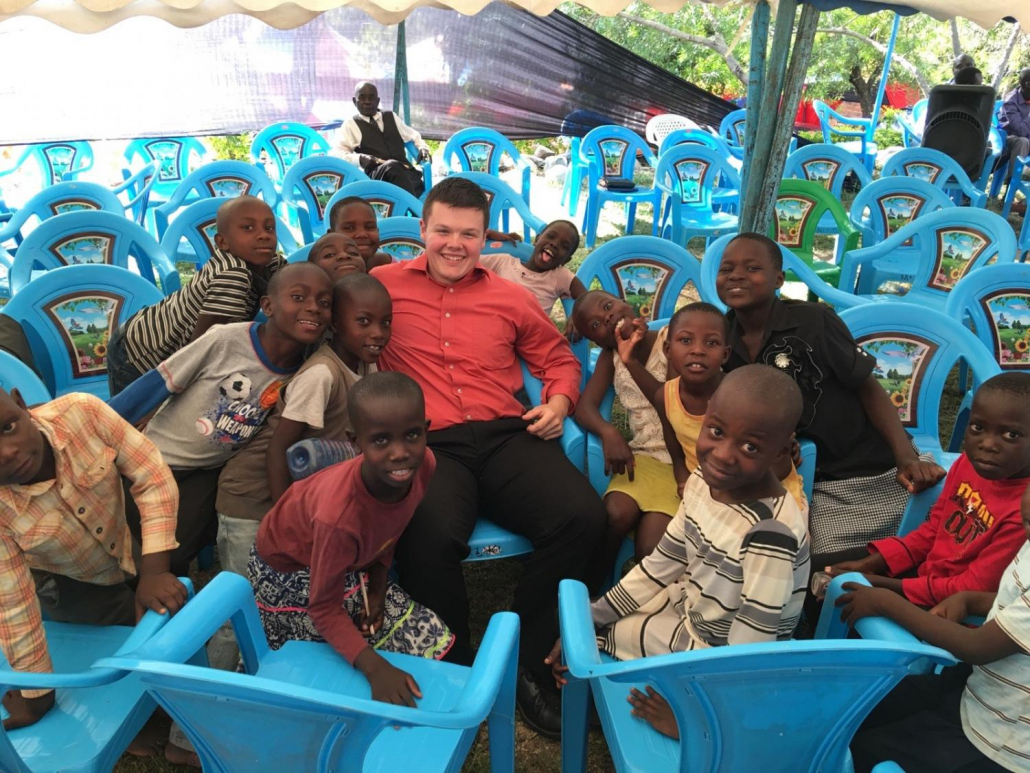
Those truly in God’s Church are all part of the same unifying culture—we all read from the same book (various translations notwithstanding), worship on the same day of the week, abstain from the same meats, believe in the same upcoming eternity, share the same ultimate destiny.
There are Church members in Africa whose languages I have no idea how to speak, and yet I have more in common with each one of them than I do with almost everyone I’ll pass on the road while driving home today. Those who strive to worship God in spirit and truth inhabit a common ground that transcends all the cultural boundaries that would otherwise be impenetrable. That’s how we can call each other brothers and sisters—because in every meaningful sense, we are exactly that.
That’s already beautiful, but it becomes doubly so when you consider that God chose each and every one of us. He wanted His people in North America to be siblings to His people in Africa. He wanted Saints in Australia to be family to Saints in South America. He wanted His begotten children in Europe to see His begotten children in Asia and recognize, “Here are my sisters and brothers.”
Why?
Harmoniously Different
It’s funny—I can’t help but think of a line from Ratatouille. Yes, the animated movie about the rat chef. Not exactly a film devoted to capturing reality, but I’ve always thought there was some truth in the phrase, “Not everyone can become a great artist, but a great artist can come from anywhere.”
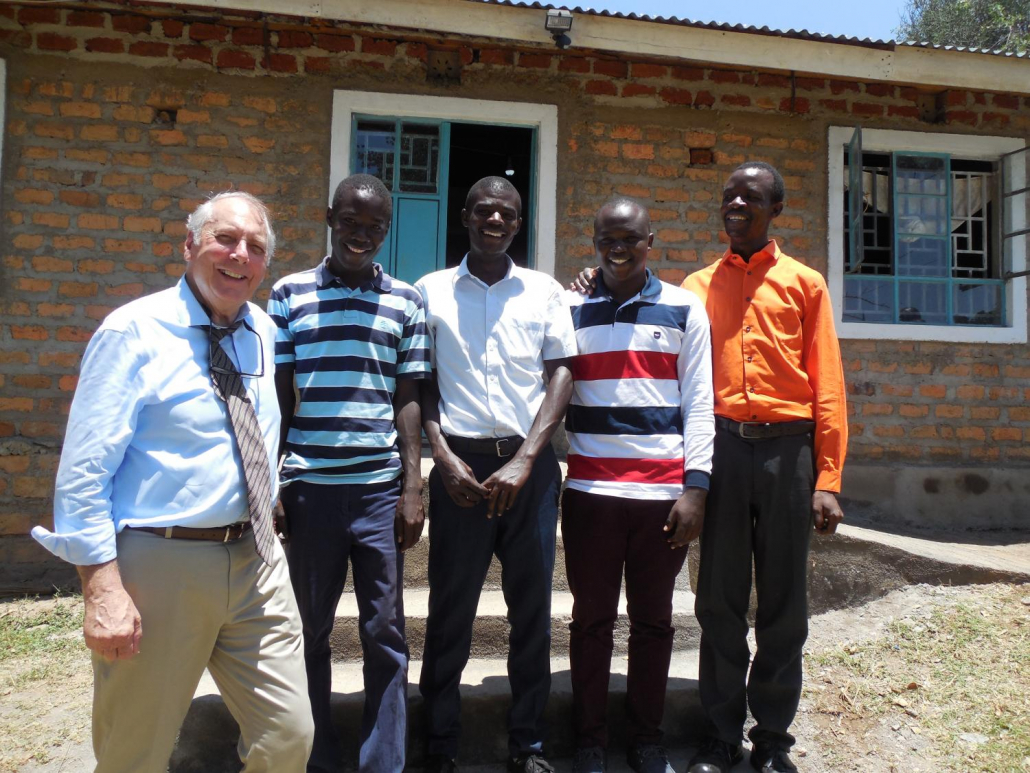
Maybe Jesus Christ had something similar in mind when He assured His disciples that the Gospel “will be preached as a witness to all the nations.”
Sure, not everyone will believe that Gospel, but those who do believe it will be made up of people from all over the world, proving that all worldly cultures pose not the slightest obstacle to the culture that is God’s Way.
Belief in God’s Truth doesn’t make us all the same. It wouldn’t be God’s Truth if it did, since God loves the individuality of each of His children. Belief in God’s Truth makes us unified—different, but harmoniously so. Although not everyone can currently become a Saint, a Saint can come from anywhere.
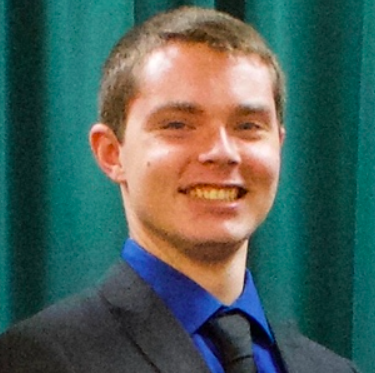
Thomas White was one of the onsite Living Education students for the 2018-2019 semesters. He also has a Bachelor’s Degree in English. Thomas currently works as an Editorial Assistant for the Living Church of God. According to his wife, he eats pizza in entirely the wrong way.

